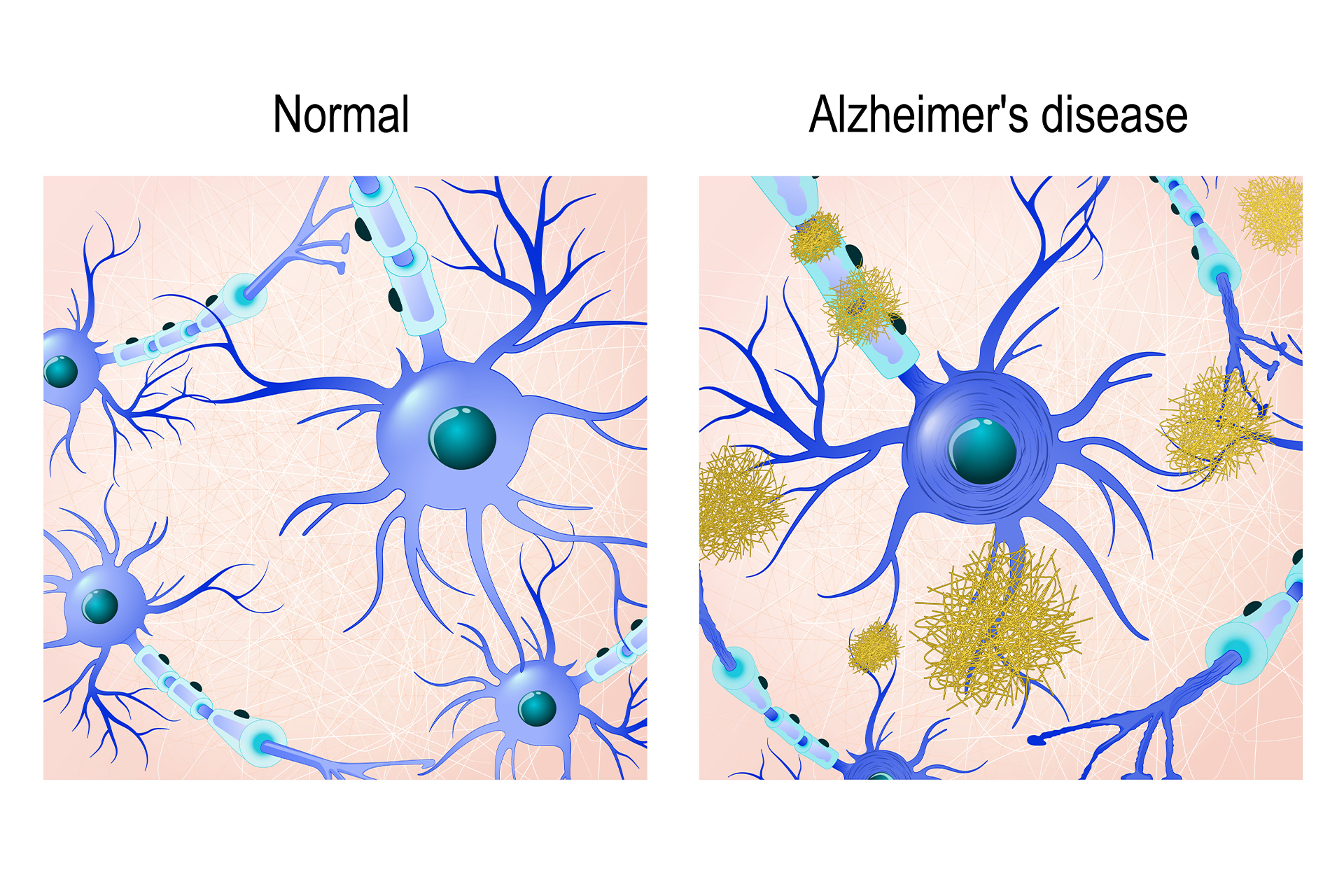September is recognized as World Alzheimer’s Month, a time dedicated to raising global awareness about Alzheimer’s disease and other forms of dementia. Millions of families are impacted by Alzheimer’s, which remains the most common type of dementia. This month offers a perfect opportunity to learn more about the condition and to highlight how home nursing care and therapy services help improve the lives of patients and support their families.
Defining Alzheimer’s Disease
Alzheimer’s is a progressive neurological condition that damages brain cells, resulting in memory loss, difficulty with communication, confusion, and changes in behavior. Over time, patients lose the ability to manage daily activities and require increasing levels of care.
The disease typically advances in three broad stages:
- 1
Early stage – Patients may appear healthy but begin forgetting recent events, names, or familiar places. They can usually live independently but often need help with organization and reminders.
- 2
Middle stage – Memory loss worsens, and patients may struggle with personal care, following conversations, or recognizing family members. Behavioral changes such as agitation or wandering often occur.
- 3
Late stage – Patients lose the ability to communicate clearly and require assistance with basic functions, such as eating, walking, and personal hygiene. At this stage, 24-hour support becomes essential.
Identifying these stages helps families plan for the future and make informed decisions about their care.
Why World Alzheimer’s Month Matters
World Alzheimer’s Month 2025 features the theme “Ask About Dementia, Ask About Alzheimer’s.” The campaign encourages people to ask questions about the condition to facilitate conversation, promote early diagnosis, reduce stigma, and build more dementia-inclusive communities.
A key moment during the month is Alzheimer’s Awareness Day on September 21, which reminds us all to stand in solidarity with those affected. Families, caregivers, and communities are encouraged to use this day to spread information, support local initiatives, and honor loved ones living with the disease.
The month-long campaign helps keep dementia in the spotlight by acknowledging the importance of education, prevention strategies, and access to care.
The Critical Role of Home Nursing
One of the most effective ways to support patients is through home nursing and therapy services. Unlike institutional care, home nursing allows patients to stay in a familiar environment, which can be highly comforting to someone living with dementia.
Benefits of home nursing for Alzheimer’s patients include:
For families, home nursing services provide respite and peace of mind. Primary caregivers often experience high levels of stress, fatigue, and even depression when caring for loved ones without help. Professional support ensures families can rest, focus on their own health, and spend quality time with their loved one instead of struggling to manage every task alone.
Practical Home Nursing Strategies
To make Alzheimer’s care more effective, experienced home nurses and therapists often recommend the following approaches:
- 1
Establish daily routines – Familiarity helps reduce anxiety and confusion.
- 2
Engage in meaningful activities – Cooking, gardening, music, or light crafts can provide stimulation and joy.
- 3
Prioritize communication – Speaking slowly, using simple words, and maintaining eye contact can make interactions easier.
- 4
Ensure a safe environment – Remove tripping hazards, secure sharp objects, and add handrails when needed.
- 5
Promote balanced nutrition – A healthy diet supports overall well-being and energy levels.
- 6
Minimize distractions – A calm, quiet space helps patients concentrate and feel more comfortable.
These small adjustments can make a substantial difference in the daily lives of both patients and caregivers.
Supporting Family Caregivers
Family caregivers are the backbone of Alzheimer’s care, but the demands of round-the-clock support can become overwhelming. Home nursing care eases this burden by sharing responsibilities with trained professionals.
Support for caregivers is just as important as support for patients. Encouraging breaks, offering counseling, or connecting families with community resources helps prevent burnout. World Alzheimer’s Month is also about recognizing the dedication of caregivers and advocating for better systems of support.
Community Engagement During September
Throughout September, Alzheimer’s Awareness Month, communities worldwide host events and activities designed to educate the public and raise funds for research and care services.
One of the most potent demonstrations of solidarity is the Walk to End Alzheimer’s. These walks take place in many cities, bringing together patients, caregivers, healthcare providers, and supporters. Participants wear symbolic flowers that represent their personal connection to the disease, sending a powerful visual message of unity and determination. Funds raised during these walks contribute directly to advancing research and providing essential resources for families.
Other ways to get involved include:
The Importance of Education and Advocacy
Alzheimer’s awareness goes beyond one month. Spreading accurate information year-round helps dispel myths and encourage earlier diagnosis. Many people delay seeking help because they misunderstand symptoms or fear stigma. Education empowers families to recognize signs sooner and access resources before the disease progresses too far.
Advocacy is equally crucial. Policies that expand home nursing services, provide caregiver support, and increase research funding can transform the future of dementia care. Speaking up ensures that Alzheimer’s remains a priority on public health agendas.
Moving Forward with Compassion and Action
World Alzheimer’s Day highlights the urgent need to act. Millions live with Alzheimer’s, and millions more provide care and support. By embracing the benefits of home nursing, families can access compassionate and professional services that alleviate daily struggles and improve quality of life.
This September, let us come together to honor patients, support families, and promote compassionate home care.
With continuity, advocacy, and innovation, we can ensure that those affected by Alzheimer’s disease live with dignity, comfort, and hope.
Call Signature 24/7 at 1 (800) 277-8291 for excellence in skilled and compassionate home health care.

Your Complete Home Health Care Solution!
ALWAYS ON CALL
| Monday – Sunday | 24 / 7 |
1 (800) 277-8291 (option 1)
COUNTIES SERVED
OUR VALUES
TESTIMONIALS

I love all of my home health people.

All Signature staff as well as therapy were very helpful.

Their services have always been great.

I really love my physical therapist. Gary has helped me so much.

This has been one of the best agencies. Very caring nurses.

I’ve had a really good physical therapist and really nice nurses.

I have had excellent care & would recommended them to anyone.

Gary Dixon is the very best physical therapist in Baytown and Houston Area.



